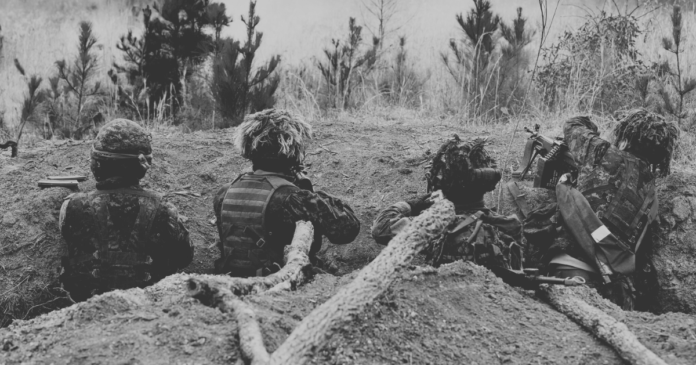“Canadian Veteran Fights Against Euthanasia: A Fight for Healthcare Access and Dignity”
Introduction:
Kelsi Sheren, a Canadian veteran, has taken a stand against Canada’s euthanasia program after learning that her fellow veterans were offered death as an alternative to life-saving healthcare. Her journey highlights the challenges faced by veterans seeking treatment and the ethical concerns surrounding the practice of medical assistance in dying.
Sheren’s Struggle for Treatment Access:
After serving in Afghanistan and being diagnosed with a traumatic brain injury and post-traumatic stress disorder, Sheren struggled with suicidal thoughts. She believes that she could have been a candidate for euthanasia if she had not found relief through plant medicine therapy, such as ayahuasca and psilocybin treatments. However, accessing these treatments was a daunting task, requiring out-of-pocket expenses, months of waiting, and navigating bureaucratic obstacles.
Ethical Concerns and Government’s Role:
Sheren questions why accessing death through euthanasia is easier than accessing treatments that could promote healing and well-being. She believes that the government’s mismanagement and lack of support for veterans contribute to the sense of hopelessness that leads some to consider euthanasia. In her view, the government should focus on providing comprehensive healthcare and resources rather than offering death as a solution.
The Controversy Surrounding Euthanasia Practices:
Anesthesiologist Dr. Joel Zivot has raised concerns about the use of paralytic drugs in Canada’s euthanasia program, citing studies that suggest a potentially terrifying death for patients. Despite some doctors disputing these claims, Zivot warns about the risks of suffocating patients to death and the potential exploitation of the system for organ donation purposes.
Conclusion:
Sheren’s advocacy sheds light on the complex issues surrounding euthanasia, healthcare access, and ethical considerations. Her story challenges us to rethink the value we place on life, the responsibilities of governments in providing adequate support to vulnerable populations, and the need for more transparency and safeguards in euthanasia practices. As we continue to debate the ethics of medical assistance in dying, Sheren’s fight for healthcare access and dignity serves as a reminder of the importance of prioritizing compassionate care and holistic solutions for those in need.”
Reference













